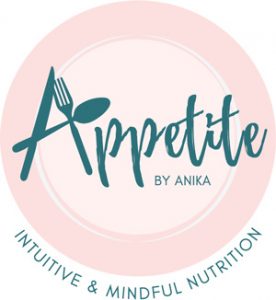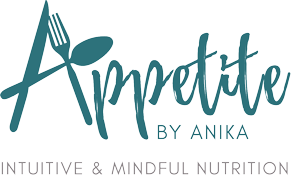September is PCOS Awareness Month and thought I’d do a blog post focusing on this condition. PCOS affects 4-20% of women of reproductive age worldwide. Ethnicity plays an important role. For example, we know that South Asian women usually present with PCOS earlier (compared to Caucasian women) and tend to have a lean phenotype (rather than obesity).
Research shows that the proportion of women with PCOS has increased in the last decade. It is estimated that up to 70% of women remain undiagnosed!
A diagnosis of PCOS can be made when at least two of the following three criteria are met: (taken from Jean Hailes)
- Irregular periods or no periods
- Higher levels of androgens are present in the blood (hyperandrogenism), shown by: a blood test, OR symptoms such as excess facial or body hair growth, scalp hair loss and acne
- Polycystic ovaries are visible on an ultrasound, which means more than 20 follicles (partly developed eggs) are visible on one or both ovaries or the size of one or both ovaries is increased (more than 10ml).
It is important to note that some women may not even have cysts on their ovaries and not all women with PCOS will have insulin resistance or be overweight. I did a blog post a while ago debunking some of the common myths related to PCOS. Here are 5 dietary strategies that may be helpful in managing PCOS:
1) Quality and quantity of carbs: carbohydrates have a very important role and can provide you beneficial nutrients and fibre. Low GI carbohydrate foods are quality carbohydrates as they break down slowly in our body and this prevents rapid spikes in your blood sugar levels. It may be useful to reduce the amount and make sure that it is a quality carbohydrate (rather than high GI, refined and processed). Some examples of lower GI foods include basmati rice, wholegrain, rye or sourdough, rolled oats and sweet potatoes. Research shows that low GI diets improve the body’s ability to respond to insulin in women with PCOS and can improve menstrual cyclicity.
I have seen a lot of people jump onto keto diets but this is not something I would encourage as it is very restrictive and it has a high dropout rate. While there is some evidence for ketogenic diet for PCOS, we don’t know the long-term effects and it is unlikely to be sustainable in the long run.
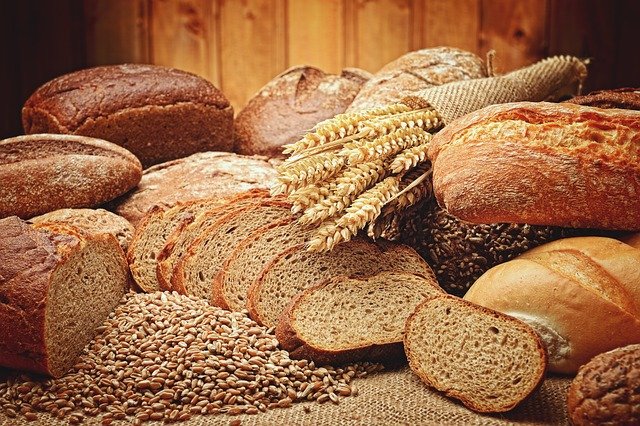
2) Antioxidants: research shows that a diet high in antioxidants have a positive effect on managing PCOS symptoms. This is because women with PCOS tend to have higher levels of oxidative stress. There are quite a few supplements available but it’s best to increase antioxidant intake through food as it is better absorbed and unlikely to cause adverse effects. Antioxidants are naturally occurring compounds and found in plant-based foods such as fruits and vegetables. Be sure to include a wide variety of colours and eat the rainbow.
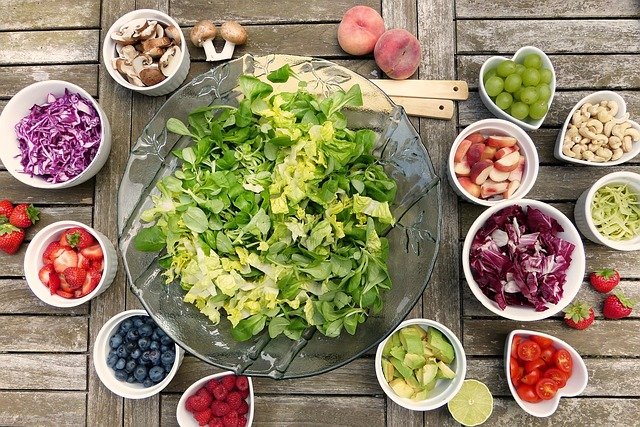
3) Anti-inflammatory style diet: the Mediterranean diet is a great example of an anti-inflammatory style diet, and it has shown to have positive outcomes for PCOS. This style of diet includes plenty of vegetables, fruits, legumes, wholegrains, fish, Extra Virgin Olive Oil (EVOO), nuts and seeds and moderate amounts of poultry, red meat, eggs and fermented dairy (yoghurt and cheeses). There’s quite a bit of evidence for the Mediterranean diet and has been shown to improve body composition. In particular, EVOO has shown to be beneficial for fertility for couples who are trying concieve naturally or have dietary conditions (such as PCOS) which may impact their fertility or undergoing assisted reproductive treatments or IVF.
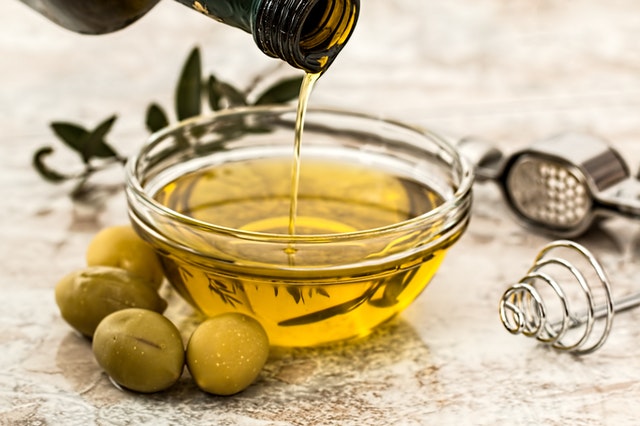
4) Omega-3: you may have heard that foods rich in omega-3 fats as being good for your heart health. They are a family of fats which include alpha-linolenic acid (ALA), Eicosapentaenoic acid (EPA) and Docosahexaenoic acid (DHA). A review has shown that omega 3 can improve insulin resistance and lipid profiles in women with PCOS. The best source of omega-3 is oily fish (such as salmon, mackerel, trout, sardines). Other good fish sources include herring, crab (fresh), whitebait, silver perch, Blue Grenadier (hoki), flathead, trevally, snapper, fresh or canned tuna, scallops, prawn and octopus. Some plant based sourses include linseed/ flaxseed, chia, walnuts and omega-3 enriched eggs.
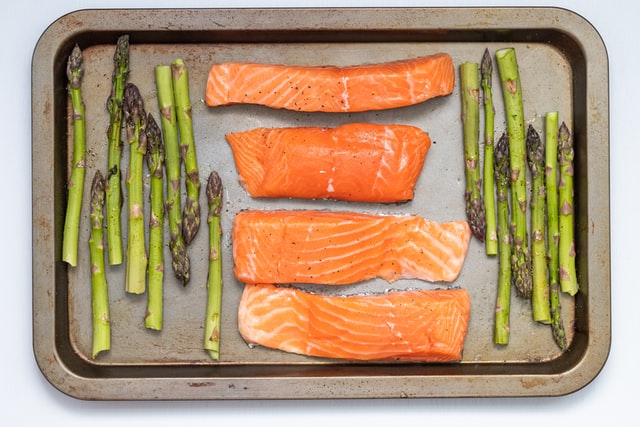
5) Supplements: the most popular supplement for managing PCOS is inositol. There’s quite a bit of evidence to suggest that inositol can help with improving insulin sensitivity, lowering testosterone levels and fertility. A review from 2016 has shown that Myo-Ins supplementation in improving the hormonal and reproductive disturbances of PCOS and the role of inositol (Myo-Ins and D-chiro-Ins) as a safe and effective therapy for PCOS. The recommended dosage is 2-4 grams per day of Myo-inositol. Also, Myo-inositol and D-chiro inositol supplements need to taken in the correct ratio (40:1) which means you need 40 times more Myo than D-chiro.

Other supplements that may help with managing PCOS include magnesium (for improving insulin sensitivity and fasting glucose levels), omega 3 (for reducing inflammation, testosterone levels and regularity of the menstrual cycle), vitamin D (women with PCOS tend to have lower levels), zinc (women with PCOS tend to have lower levels and may help with reducing hair loss), cinnamon (for improving menstrual cyclicity), N-Acetylcystein or NAC (for improving rates of ovulation and pregnancy), chromium (for reducing fasting insulin and free testosterone levels) and berberine (for improving insulin resistance). Please make sure that you speak to your doctor and dietitian before starting any supplements.
